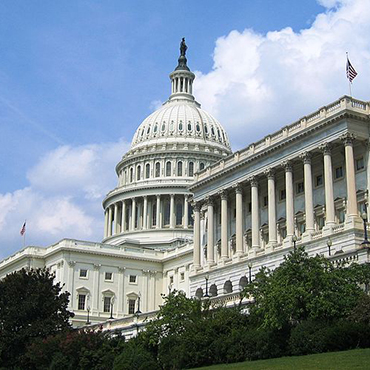Data Act sent to president
The House passed the spending transparency legislation easily, as the Senate did earlier, but it's not clear what the White House position is.

The House cleared legislation April 28 that would require the government to publish spending and financial information according to common data standards. Once implemented, all federal agencies would have to report spending on grants, contracts and loans in machine readable form via USASpending.gov or a successor website.
The measure, passed by voice vote, now goes to President Barack Obama, although it is not clear whether he will sign the bill.
The Data Accountability and Transparency Act, or Data Act, was passed by the Senate April 10 by voice vote, and various versions have won House passage several times with overwhelming majorities. But the administration has looked to alter the bill in earlier incarnations and has not said whether it supports the version that has now emerged from Congress. An Office of Management and Budget draft markup of the legislation proposed taking out some of the data standardization requirements that supporters argue were at the heart of the bill.
Those supporters say the measure will vastly simplify the process of oversight by outside groups looking for waste, duplication, and fraud.
"It's not perfect. But the core of the bill, the government-wide standards, is still there," said Matthew Rumsey, a policy associate at the Sunlight Foundation. The final version of the bill splits implementation responsibilities between OMB and Treasury, which represents something of a compromise. "In the past, it has been hard for us to know exactly what OMB was thinking. On the flip side, Treasury has been more engaged," Rumsey said.
The bill also potentially creates opportunities for analytics firms to create applications to monitor government spending for trends and contracting insights.
"There's no question [the Data Act] will open doors for a number of different companies and individuals to have better insight in tracking government dollars," said Tim Day, vice president for public affairs at Teradata, which operates a government data warehouse for the state of Michigan.
Such innovations are unlikely to debut anytime soon, however. If Obama signs the bill, the next step is a rule-making and implementation process that could take up to four years to complete.






